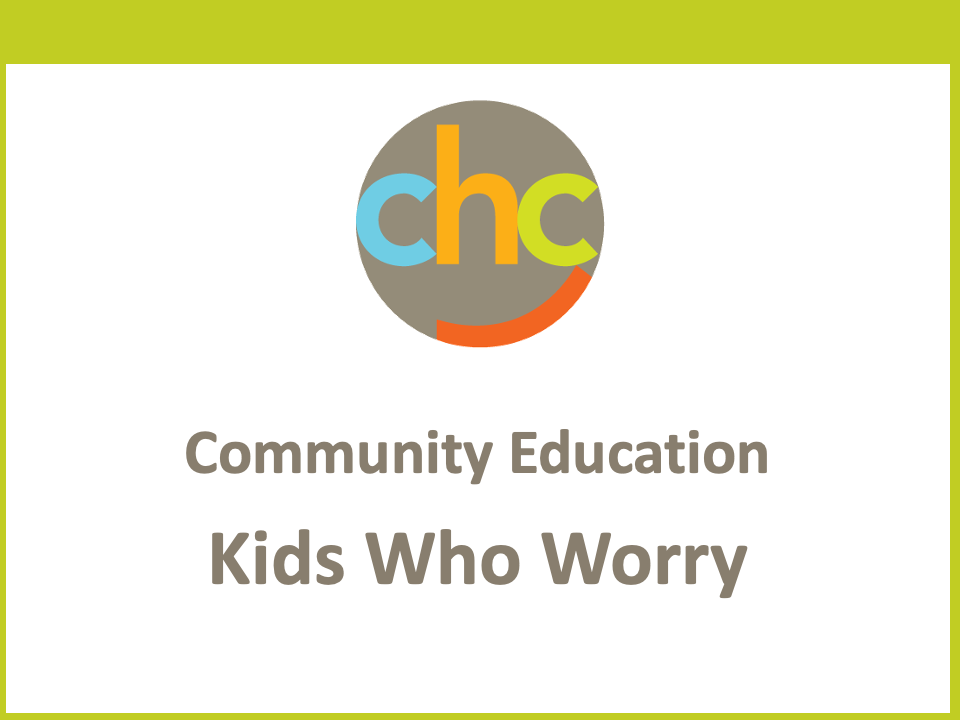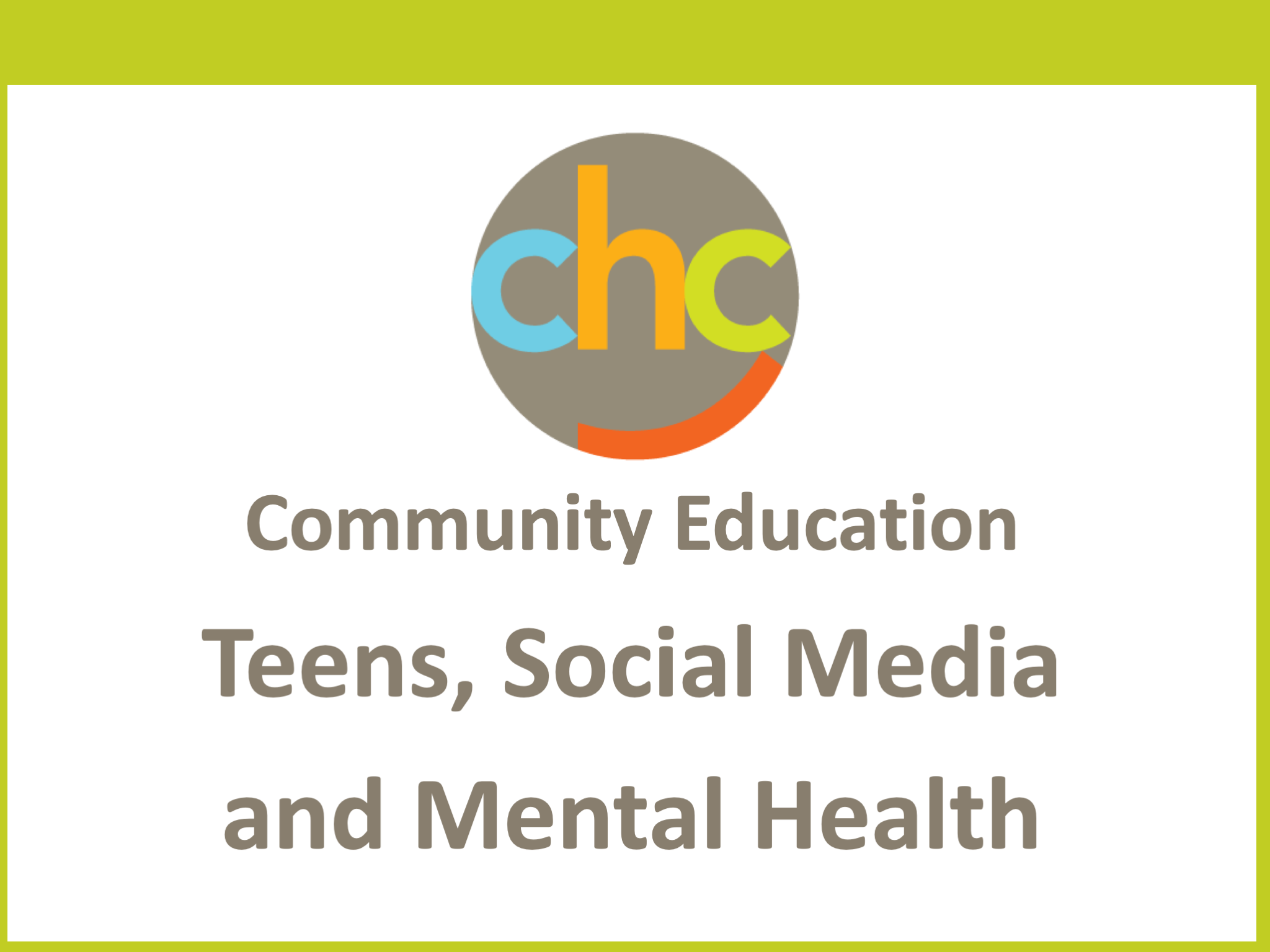 When I wrote about my son’s depression and suicidal ideation, I was afraid to read the comments. I expected the Internet to tell me what I still feared deep down: it was all my fault.
When I wrote about my son’s depression and suicidal ideation, I was afraid to read the comments. I expected the Internet to tell me what I still feared deep down: it was all my fault.
What I received instead was a flurry of messages from mothers all around the country. These women didn’t contact me to criticize or accuse me, and none of them wanted to tell me what I could’ve done better for my son. Every woman who reached out to me did so with a single unifying message: “I felt like I was the only one.”
As I replied to these women and learned more about their suicidal teenagers, I decided to talk to a few experts and compile a list of resources for parents of suicidal teenagers.
Some of these solutions are still in development, but they are reflective of a greater movement toward openness about mental health.
Finding Support
Find parents like you. No matter how alone parents may feel, teen suicidal ideation and attempts aren’t rare.
Every mother of a suicidal teen I spoke to emphasized how isolating the experience was. Many of these parents have been forced to remain quiet because their children begged them not to tell anyone, including their closest friends and family members.
Even when parents are able to talk about what’s happening, many of them say their friends and family don’t want to hear about it or don’t know how to respond. Parents tell me they miss their friends deeply but don’t know how to talk about their children when their lives have veered so wildly off course. One mother, who asked that I refer to her only as Mel, said: “I miss those talks, but how can I share stories about how my daughter insists she’ll get pills or a gun from a friend to finish the job, or about how she stashes razor blades in books and under her mattress?”
To get real support, parents frequently need to look outside of their usual support networks and find other parents who are in the same boat. Local YMCA chapters often have support groups for parents and teens, and they are located throughout the country. The National Alliance on Mental Illness (NAMI) can also connect parents with support groups in their area. For parents who don’t live near in-person support groups or don’t feel comfortable going to them, DBSA’s Balanced Mind Parents Network, an online community, comes highly recommended by parents of suicidal teens.
Understand this may be a long haul. Before my son left the hospital, his clinicians assured me he would be fine. Many parents I spoke to said they were told the same thing when their children first entered mental health treatment. Some of these parents have since been by their children’s sides through multiple suicide attempts; one has parented her son through 15 suicide attempts over a 15-year period.
Although clinicians should be up-front with parents about the fact that depression and suicidal ideation aren’t quick-fix problems, that type of candor doesn’t always occur.
Find creative ways to get help. Depending on a family’s circumstances, there can be an astonishing number of barriers to accessing mental health care and services.
You can find a variety of helpful resources online. One of these is a powerful documentary, spearheaded by Annemarie Matulis, director of the Bristol County Regional Coalition for Suicide Prevention in Massachusetts, called A Voice At The Table. This film highlights the stories of four suicide attempt survivors.
Above all, parents need to remind themselves that depression and suicidal ideation are epidemics among teenagers. Connecting with other parents in their shoes will help them remember that their children’s mental health challenges aren’t their fault.
Excerpted from “Parents of Suicidal Teens Say They Feel Alone. Here Are Resources to Help.” in the Washington Post. Read the full article to for information on how to focus on yourself, not just your child, let go of your sense of control, and for additional resources.
This article, was originally written by Jody Allard in 2016. The resource links have been updated.
Source: The Washington Post | Parents of Suicidal Teens Say They Feel Alone. Here Are Resources to Help, https://www.washingtonpost.com/news/parenting/wp/2016/04/25/parents-of-suicidal-teens-say-they-feel-alone-here-are-resources-to-help | © 2016 The Washington Post. Last reviewed October 2024.
This resource is filed under:







